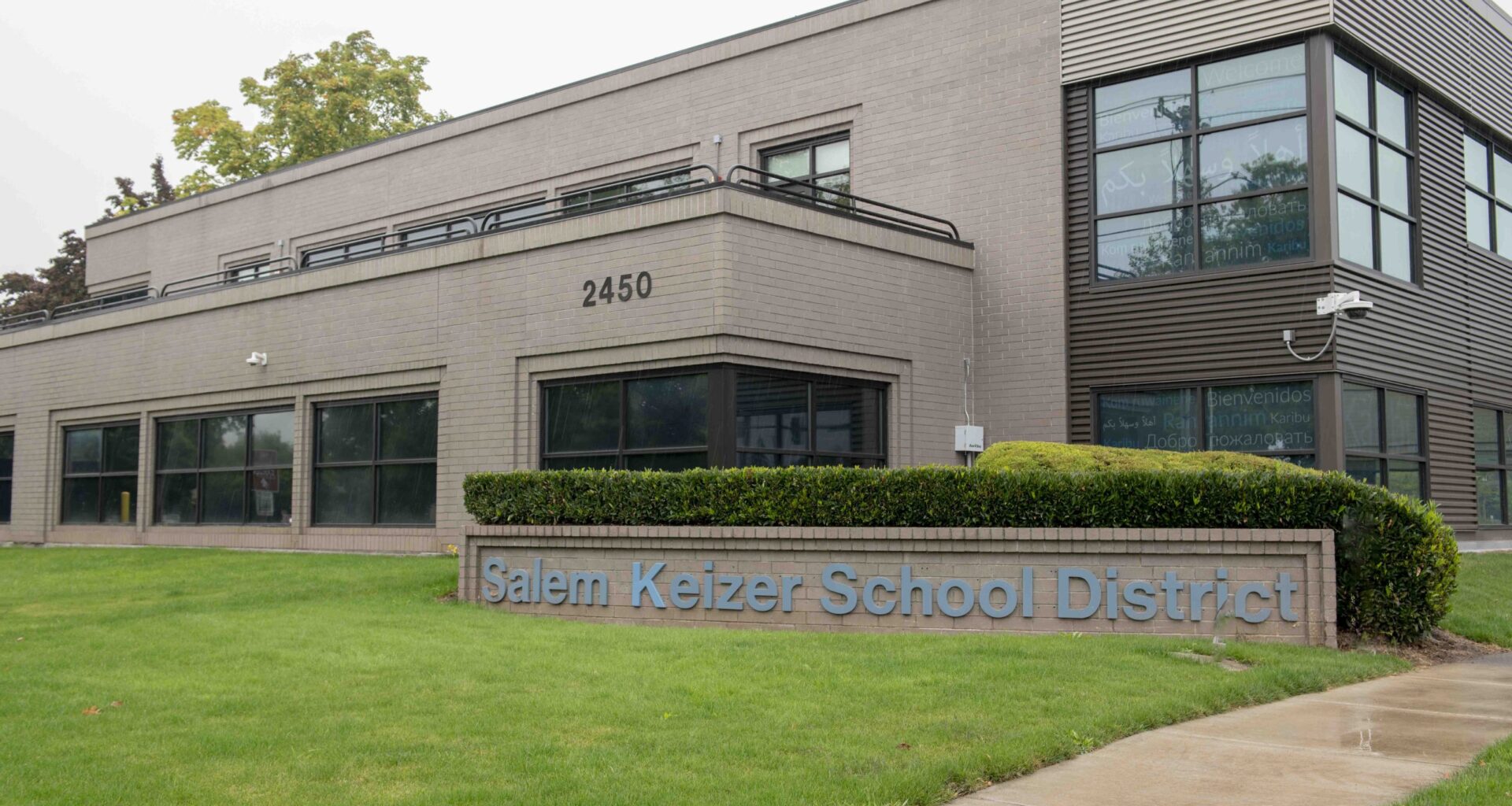Hundreds of Salem students receiving counseling for substance abuse through school will get new providers in the fall after Salem-Keizer School District officials ended a contract with the area’s largest addiction treatment provider.
District leaders decided against renewing a contract that ends June 30 after Bridgeway Community Health nearly cut in half how many counselors it would provide.
The contract, worth $360,000, paid for the equivalent of around four full-time counselors last school year who met with students from almost every middle and high school in the district.
Bridgeway staffed seven part-time counselors to cover those services.
Bridgeway CEO Carlos Texidor Maldonado said the amount paid by the district wasn’t enough to cover the cost of those employees. His organization proposed instead offering two full-time counselors for the same price.
That led district leaders to decide against renewing the contract for next school year “because the services offered from Bridgeway would not have maintained our current level of service,” school district spokeswoman Emily Reverman said in an email.
District officials learned of the decrease shortly after the school district finalized its budget for next year. The new budget, which will go into effect July 1, includes a focus on student behavioral health and will add 22 positions in behavioral health and special education.
Bridgeway abruptly laid off the seven counselors June 12.
“It’s unfortunate that we have to make this decision, this transition, that the contract came to an end, but we’re trying the best we can to really show that we’re committed to our services in the community and that we want to care for our clients,” Texidor Maldonado said.
School district officials are looking at other providers with clinicians trained in substance abuse counseling, according to Reverman.
“We made the difficult decision to utilize these funds … to expand the work of independent behavioral health clinicians currently under contract with us to meet or exceed the level of services delivered in past years by Bridgeway,” Reverman said.
The decision was made by Larry Ramirez, high school director; Matt Biondi, middle school director and Chris Moore, mental health director. Salem Reporter requested an interview with Chris Moore who was unavailable before publication.
The school district began contracting with Bridgeway several years ago in response to a growing need for substance abuse treatment for middle and high school students.
Students struggling with addiction and trauma received personal and group counseling in or outside of school from Bridgeway staff.
It made counselors available in person or virtually five days a week and offered weekly support groups, according to the program contract. The program also included classroom presentations, parent consultations as needed and information on community substance use resources.
In the last school year, 339 students in middle and high schools got counseling through the program, according to school district data.
Students were split almost equally between middle and high schools, and came from every secondary school in the district. Sprague High School had the most participating students, 39, while Crossler led middle schools with 23 students.
The program, which Texidor Maldonado described as an early intervention effort, has been a way to help “kids that were struggling (to) have just somebody to talk to openly about their use,” he said.
The program sent counselors to visit students in school and had a location on Northeast Center Street by the state Capitol.
Texidor Maldonado said the district’s decision will allow Bridgeway to work on reorganizing their youth services and strengthen their services for treating overlapping health conditions, such as people struggling with addiction and having a diagnosed mental illness.
Bridgeway is partnering with 4D Recovery, a youth recovery organization based in Portland, to expand outpatient services for youth. The organization is also planning to hire more staff trained to provide counseling for youth with multiple mental health or substance use conditions.
Texidor Maldonado said it could take around six months or up to a year to grow Bridgeway’s youth services into what he’s hoping for.
In the meantime, youth can receive outpatient services at Bridgeway through virtual counseling while the organization pauses in-person services as it restructures, he said.
“We have a long history of committing to our adolescent services in the community, and we intend to continue that. It was just a culmination of things, and knowing the need, I think the school district did the right thing,” he said.
Contact reporter Madeleine Moore: [email protected].
A MOMENT MORE, PLEASE– If you found this story useful, consider subscribing to Salem Reporter if you don’t already. Work such as this, done by local professionals, depends on community support from subscribers. Please take a moment and sign up now – easy and secure: SUBSCRIBE.

Madeleine Moore came to Salem after graduating from the University of Oregon in June 2024 with a bachelor’s degree in journalism. She covers addiction and recovery, transportation and infrastructure.
